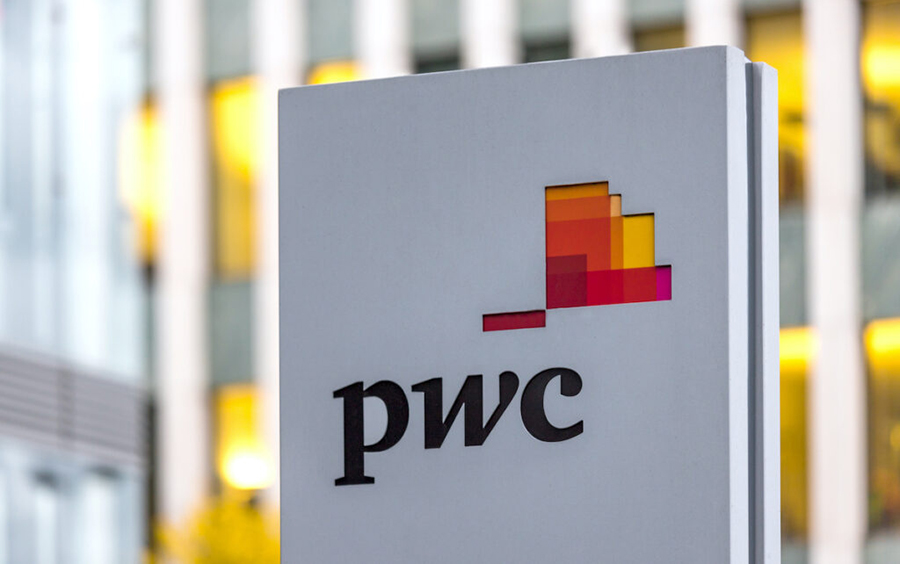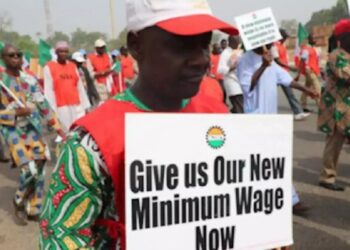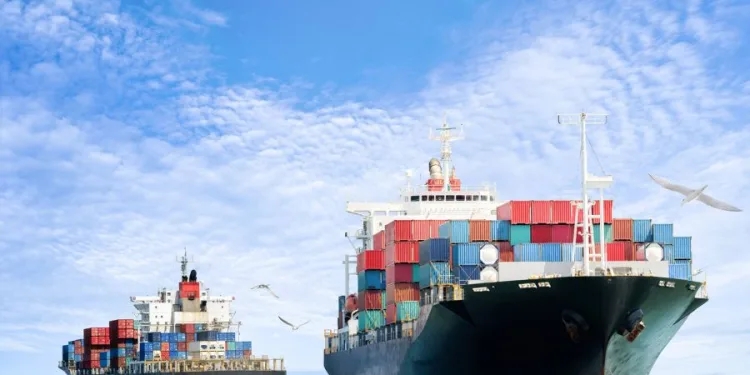Article summary
- According to PwC, the Nigerian government can raise the minimum wage for workers as a palliative measure to alleviate the impact of fuel subsidy removal.
- Over the past 18 years, the government has spent more than $30 billion on fuel subsidy payments, which has significantly affected funds available for critical infrastructure, education, health, and defense.
- Households in the bottom 40% of the income distribution account for less than 3% of all fuel purchases, while most of the fuel sold in Nigeria is consumed by private firms, public transportation services, government agencies, and other businesses.
PricewaterhouseCoopers International Limited suggests that the federal government should increase the minimum wage as a palliative response to the rise in fuel pump prices.
This recommendation is mentioned in PwC’s May 2023 report on the challenges and issues of fuel subsidies in Nigeria. The report highlights that over the past 18 years, the government has spent more than $30 billion on fuel subsidy payments, which has had a significant impact on critical infrastructure funding, education, health, and defense.
Challenges associated with fuel subsidy
The report also identifies some factors driving the exponential growth in fuel subsidy payments, including the international market price of crude oil, the volume of premium motor spirit (PMS) consumed domestically, and the devaluation of the Naira.
The PwC report outlines several challenges associated with fuel subsidies, including economic distortion, smuggling, and low investments in the downstream sector. It highlights that the government primarily subsidizes those who can afford fuel at market rates, rather than the poorest individuals who actually require the subsidy.
Additionally, the smuggling of fuel has been a persistent issue, with significant amounts being smuggled out of the country due to the price disparity with neighboring nations. The report also points out that the fuel subsidy regime and the downstream sector’s legal framework discourage investments, suggesting that full deregulation is necessary to attract private investors.
What FG should do differently
Looking ahead, the Bola Ahmed Tinubu administration has removed fuel subsidy, resulting in increased fuel pump prices ranging from N488 to N570 per liter across various states. To provide palliatives to the most vulnerable Nigerians affected by fuel subsidy removal, the PwC report recommends the following pathways:
Focus on minimum wage earners and those who rely on daily transportation to work as the primary recipients of palliatives issued by the government.
Increase the monthly income threshold for pay-as-you-earn (PAYE) exemption, from the current N30,000 per month to at least N50,000 per month. This will provide additional monthly income to employed individuals in poverty, offsetting the impact of subsidy removal. It will also benefit small business owners through higher tax exemptions on their equivalent profits for direct assessment.
The government should ensure the provision of foreign exchange at the official exchange rate to diesel importers, utilizing the savings from the elimination of fictitious petrol consumption resulting from subsidy removal. This will significantly reduce the pump price of diesel and mitigate the inflationary impact of increased petrol prices.
PAYE (Pay as You Earn) is a method used to deduct personal income tax at the moment an employee earns their salary.























